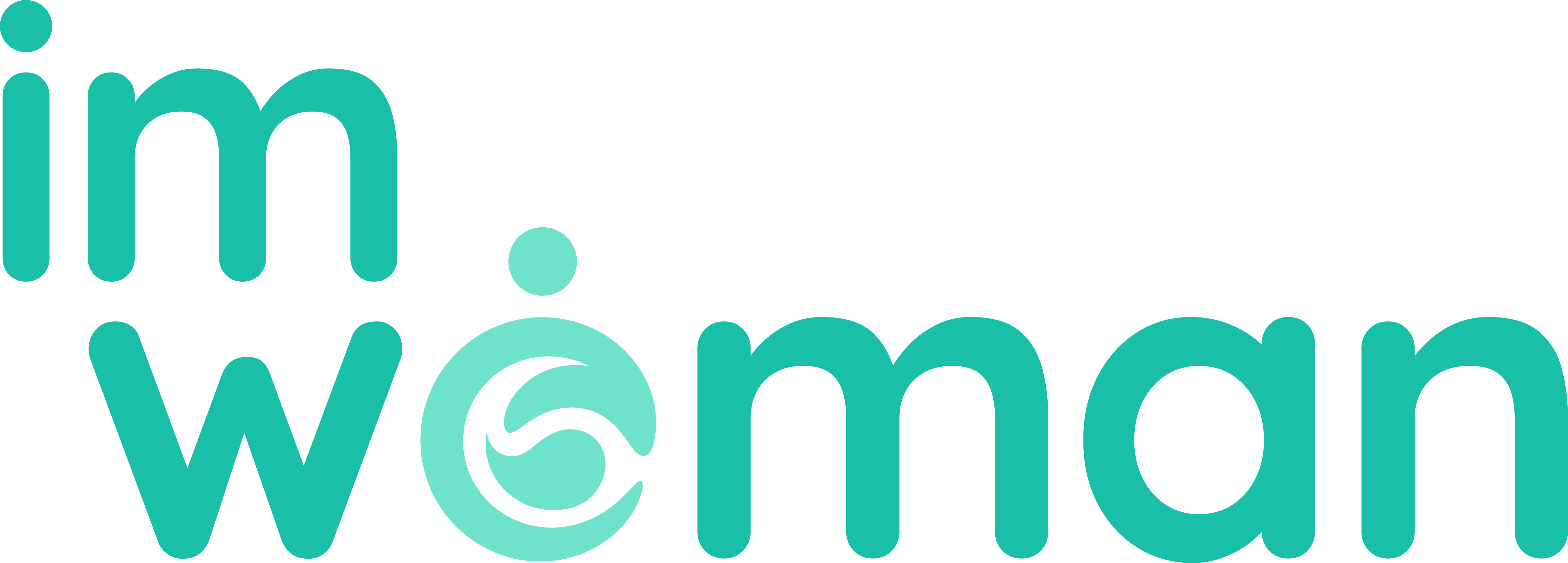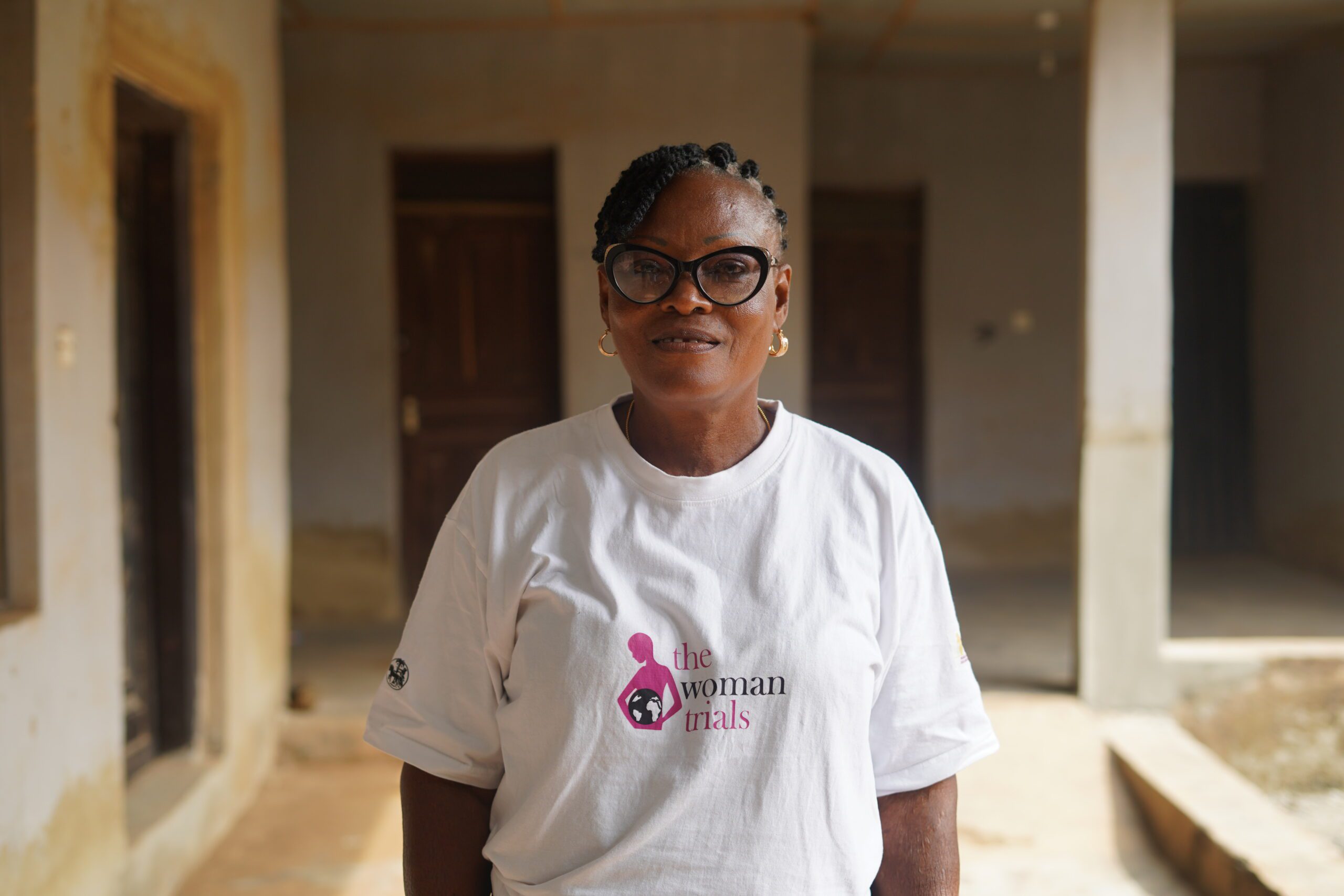What made you want to get involved?
I’m trusted in the care of women and for them to learn about the I’M WOMAN Trial. As a retired midwife I’m still passionate about maternal healthcare.
I recognise that most women decide to have their babies at home, and this could result in PPH. Most of their birth attendants are skilled until it gets out of hand and women are referred to the health centres of the general hospital.
When my father sat me down when he was sick and he said, “I don’t like the way these doctors are treating me in hospital.” “I want you to be a doctor or a nurse, my mind will be at rest if I’m sick,” I became so interested in caring for women and babies and bringing life into the world.
Why is it important to raise awareness about PPH and TXA?
When we create awareness, it is so women know the reasons why they don’t have to give birth at home and go to government or licensed hospitals to have their babies – so they will stay alive.
Currently, we work with six local governments, but I hope we can reach the 57 local governments in Lagos state, and beyond, in future.
What are you doing to expand access to TXA?
We are speaking to women of reproductive age, their mothers, their spouses at the grassroots level and community leaders in community halls, primary health centres – where we can reach the most women.
The community leaders know the community and the community people listen. I include myself as a nurse. Women are more are likely to listen to midwives who work in the community, as most women know you at the health centres.
I can advise them on the possible complications of postpartum haemorrhage. And they are listening.
The TRANSFORM project, funded by Unitaid, aims to expand equitable access to tranexamic acid for women giving birth and has partnered with Women Advocates Research and Documentation Center (WARDC) to engage local communities in Nigeria to raise awareness of the dangers of postpartum haemorrhage and the benefits of using tranexamic acid to reduce deaths from PPH.


